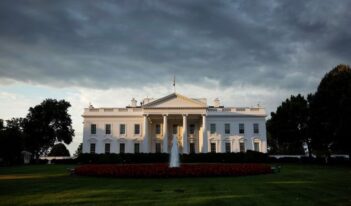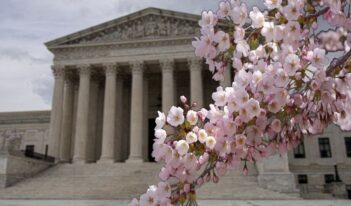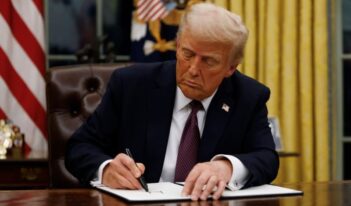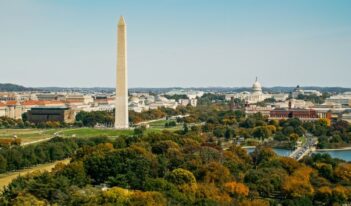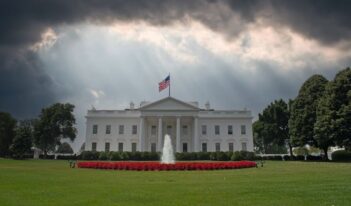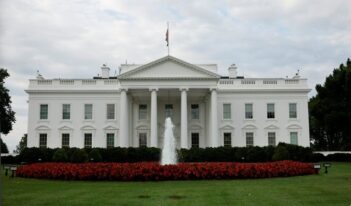Could the Major Questions Doctrine Limit Reciprocal Tariffs?
President Trump’s executive orders on reciprocal tariffs likely exceed his statutory authority.
A Sweeping History of Regulation
The Trump Administration may defy the lessons that Graham draws from his robust history of regulatory review.
The Supreme Court’s Reassuring Opinion on Agency Decision-Making
The Supreme Court offers a robust vision of hard look review in a polarized political climate.
Regulatory Retrospection Amid the Smashing of Expertise
The presidential influence chronicled in Graham’s magisterial book now threatens technocratic decision-making.
Regulatory Reform from Nixon to Obama … and From Trump Onwards
The Trump Administration might alter the trajectory of the history Graham provides.
A Fair, Complete Book but With Unworkable Solutions
Graham offers a balanced history but misses an opportunity to reimagine the regulatory state.
Transcending Partisanship in Regulatory Reform
Graham’s new book highlights the challenges of and opportunities for regulatory reform.
The Role of the White House in Regulatory Reform
President Reagan introduced comprehensive White House oversight of agency regulatory activities.
Presidential Regulatory Reform
Presidents have played an important and sometimes surprising role in driving regulatory changes.
Presidential Legacies of Regulatory Reform
Experts reflect on a new book assessing Presidents’ impact on regulatory priorities and successes.
President Trump Is Not the Only Threat to Our Democracy
Party-based primaries inhibit the legislative branch.
Turning Administrative Agencies into the President’s Puppets
President Trump’s recent executive order attempts to exert improper control over agencies.


